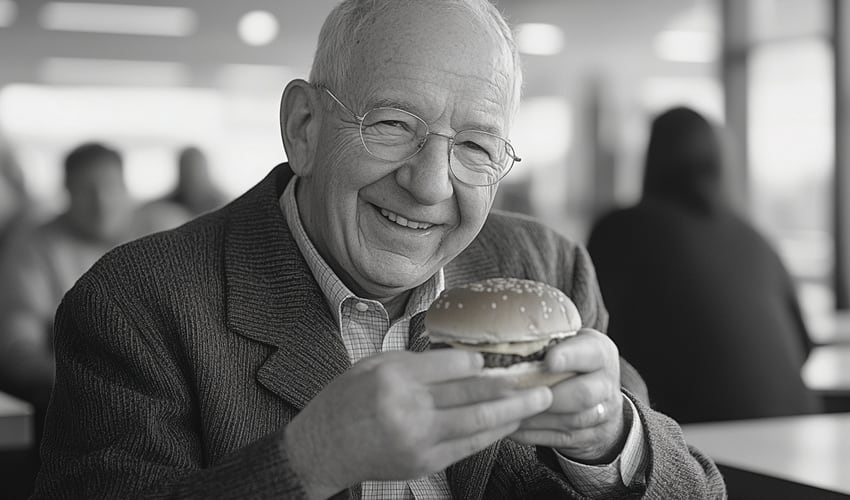Is strategy eaten for breakfast or lunch?
Entrepreneurs, brimming with dreams, draft brilliant strategies to become the next Steve Jobs. But here’s the catch: these dreams, conjured up in the middle of the night, are often as fleeting as the smell of freshly brewed coffee. Perfect for breakfast, right?
So, maybe we should skip strategy for breakfast. Entrepreneurs should focus on vision, not on cooking up a grand plan too early. Drive your business with vision, fail fast, and then, once you’ve survived the grind, start thinking about strategy. That’s the essence of Steven Gary Blank’s “Four Steps to the Epiphany,” which later inspired the whole lean startup movement.
But unfortunately, even if strategy dodges breakfast, it often gets devoured at lunch. Studies show that 90% of startups don’t make it past three years. Research from folks like Everett Rogers and Geoffrey Moore reveals that startups often fall into the “early adopter” trap and struggle to break into the mainstream market.
So, when exactly does strategy get eaten—breakfast or lunch? The debate rages on. Management guru Peter Drucker famously said, “Culture eats strategy for breakfast.” He even pointed out the culprit: culture. If you want your strategy to survive, you first need to get your culture in line. But even with Drucker’s wisdom, the debate continues. Every manager has their own take on it.
Looking at it objectively, strategy being “eaten” isn’t always a bad thing. Different stages of a company’s growth call for different strategies. Whether you’re a startup, a unicorn, or a mature company, some strategies should be eaten.
And hey, here’s one thing to be grateful for: at least strategy isn’t served for dinner. Every management tool has its place and limits. If you’re running a big, established business in a stable market, you only need to make slight adjustments to your product and operations, as long as your culture and strategy are in sync. In that case, strategy can be a powerful tool, guiding you through calm seas.
But the world is changing. And really, who’s satisfied with a life of monotony? So, dreams emerge, and they start cooking breakfast.

